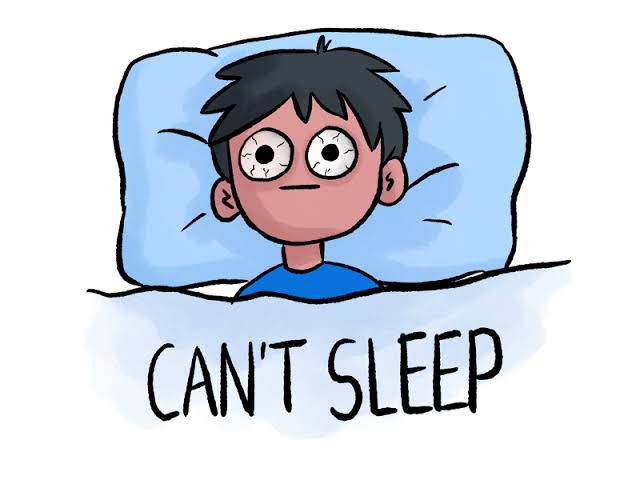
31 Oct Depression prevention via digital cognitive behavioural therapy for insomnia: a randomized controlled trial.
Prevalence rates for both depression and insomnia have increased over the years with insomnia being a common precursor to depression. Yet surprisingly, treatment focusing on insomnia to help treat depression has had little attention made to it. It’s been shown that cognitive behavioural therapy for insomnia (CBT-I) has been effective in reducing symptoms but it remains unclear whether successfully treating insomnia through CBT-I can also help reduce the symptoms of depression.
Data was obtained from the Sleep to PRevent Evolving Affective Disorders (SPREAD) trial and included 1385 participants who met the criteria in the 5th Diagnostic and Statistical Manual of Mental Disorders for insomnia. Participants were randomly assigned to either a digital cognitive behavioural therapy for insomnia group or an online sleep education group. As depression was the focus of the study, participants completed the Quick Inventory of Depressive Symptomology, a self-reported 16 item questionnaire. This assessment was performed at both the start of the study, at the conclusion of the study, and at a one year follow up. Insomnia was measured via the Insomnia Severity Index, a self-reported seven item questionnaire.
Results showed that at the one year follow up, scores for the dCBT-I group showed an improvement over twofold that of the online sleep education group. Among participants who had a minimal baseline for depression at the beginning of the study, this study showed that the incidence of moderate to severe depression was 9.6% for the dCBT-I group whereas it was 18.8% for the online sleep education group.
This study has not only proven the effectiveness of issuing digital cognitive behavioural therapy for insomnia in treating depression but confirmed it is twice as effective as only engaging in sleep education. The next step would be applying this therapy to a wider audience due to its wide accessibility and utilization and potentially combining it with regular face to face meetings to more actively end insomnia and depression.
Source: https://academic.oup.com/sleep/article/42/10/zsz150/5571183

